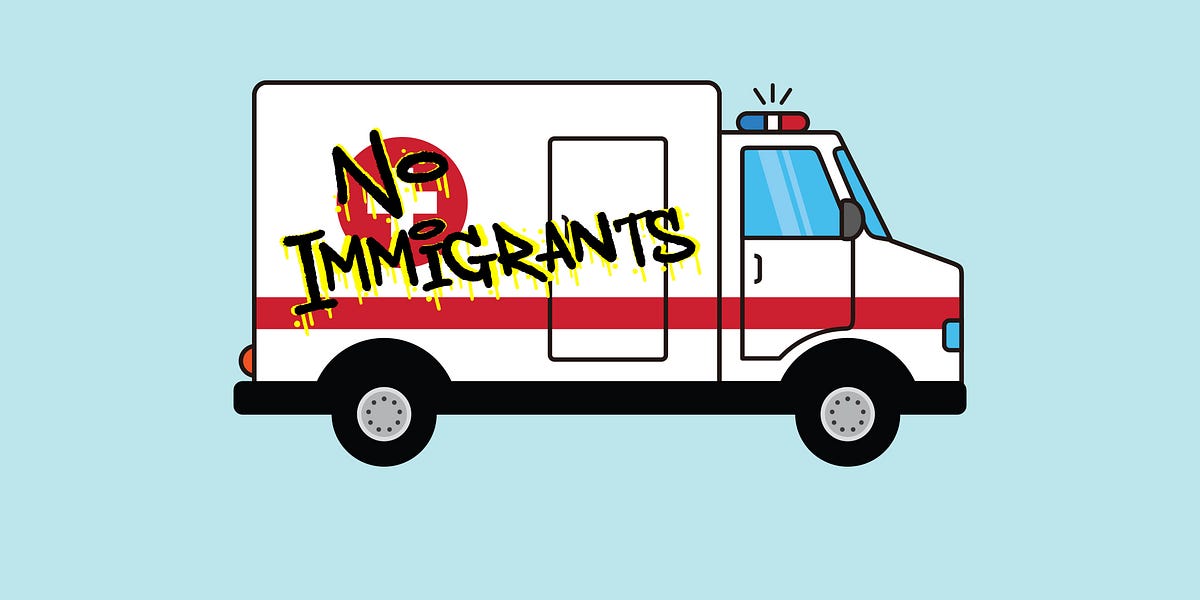WHITE HOUSE PRESS SECRETARY Karoline Leavitt on Thursday got a question she didn’t seem prepared to answer, about a law she may not have expected to be discussing.
It is known as EMTALA, which stands for the Emergency Medical Treatment and Labor Act. If you’ve ever been sitting in an emergency room, staring at the walls, you may have seen one of the posters explaining EMTALA’s guarantee: Hospitals must provide stabilizing or life-saving care to anybody who needs it, no matter who they are or whether they can pay.
The law has been on the books since the 1980s. And although EMTALA pops up in political fights from time to time, there was no reason to think it’d become a major subplot of the government shutdown story. But then the shutdown turned into an argument over health care policy.
Democrats are demanding a reversal of Medicaid cuts that Donald Trump and the Republicans enacted over the summer—and a renewal of a temporary boost to Affordable Care Act subsidies set to expire in December. Trump and the Republicans are not inclined to take either step. And to get the public on their side, they’ve been arguing the real Democratic agenda is different—that, as Vice President JD Vance posted on X Thursday, “Democrats shut down the government to give health care money to illegal aliens.”
The problem for Republicans is that most of the Democratic demands have nothing to do with immigration, while the portion that does deals almost entirely with people here lawfully. As critics have called out the lie, Vance and his allies have retreated to a narrower argument about one tiny item on the list of cuts Democrats would reverse. It’s a cut to a Medicaid provision known commonly as “Emergency Medicaid” that reimburses hospitals for the emergency care they end up providing to undocumented immigrants.
EMTALA is the reason hospitals have to provide that care in the first place, so it was only a matter of time before Leavitt got the query she faced Thursday. If the administration is so opposed to illegal immigrants getting subsidized health care, would it support overturning the EMTALA requirement? Or, as the NBC News reporter who asked the question put it: “Should ERs check immigration status before treating a dying patient?”
“That’s probably not a question for me to answer,” Leavitt responded. “That’s a question for health care professionals and legal experts to answer.”
But it was a perfectly appropriate question for Leavitt, as it would have been for Vance or for any other Republican who used Emergency Medicaid funding as a cudgel against the Democrats last week. There are some morally important, politically relevant reasons behind the obligation to provide emergency treatment to undocumented immigrants—as well as for a federal program to finance that care.
And the best way to understand those reasons is to revisit the circumstances forty years ago that led to the creation of both.


